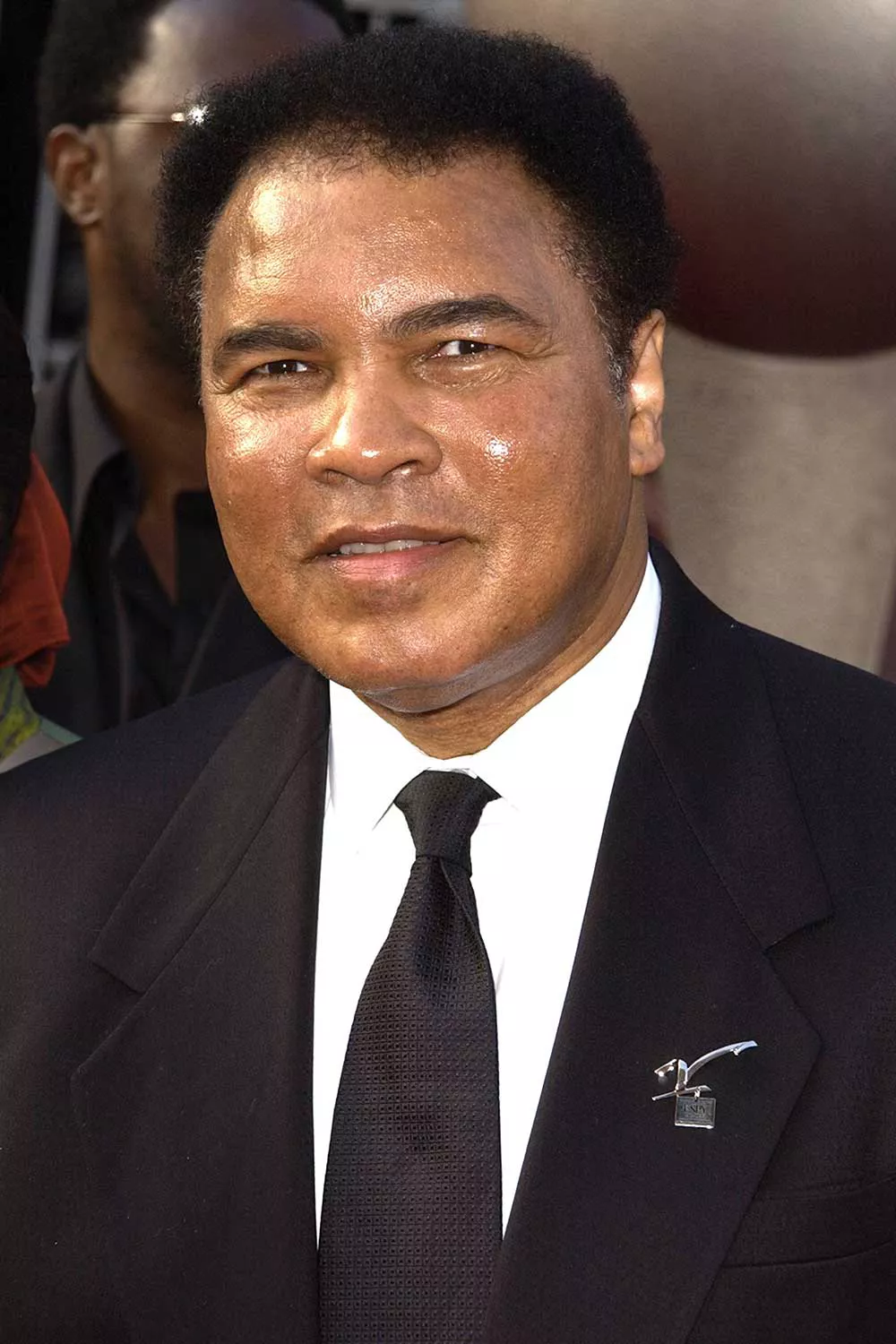SPORTS INFO DASH
Sports Info Dash is your all-in-one hub for real-time sports updates, live scores, in-depth match stats, player profiles, and breaking news across football, basketball, tennis, and more. Stay ahead with the latest in global sports action.
Muhammad Ali: The Legacy of Boxing's Greatest Champion
Sports Info Dash

Muhammad Ali was more than just a world-class boxer; he was an emblem of resilience, activism, and charisma. Throughout his life, Ali captivated millions with his skills inside the ring and his outspoken views outside of it. His journey from Cassius Clay to Muhammad Ali defined not just a remarkable athlete, but a cultural icon whose legacy still inspires today.
The Early Years and Meteoric Rise
Born in 1942 in Louisville, Kentucky, Ali discovered boxing at the age of 12. His natural talent propelled him toward an Olympic gold medal at the 1960 Rome Games. Shortly after, he turned professional, stunning the world when he defeated Sonny Liston to become the heavyweight champion in 1964. That victory marked the beginning of a new era in the sport, fueled by Ali's unique style and legendary confidence.
Transformation Beyond the Ring
Much of Muhammad Ali's lasting influence stems from decisions he made outside of boxing. After joining the Nation of Islam in 1964, Clay changed his name to Muhammad Ali, signifying a new chapter in his life. His refusal to be drafted into the Vietnam War came at great personal cost, as he was stripped of his boxing titles and banned from the sport for three years. Yet, this stance on civil rights and peace only cemented his role as a champion for social justice.
One of Ali's most dynamic moments unfolded through his series of interviews with British journalist David Frost. Their famous conversations delved into issues of race, identity, and what it meant to be Black in America during a turbulent era. These interviews, now featured in a comprehensive documentary series, reveal an Ali who was not afraid to challenge the status quo and speak his mind.
Unmatched Achievements in Boxing
Ali's boxing career includes some of the sport's most iconic matches, such as "The Rumble in the Jungle" against George Foreman and "The Thrilla in Manila" versus Joe Frazier. His ability to "float like a butterfly, sting like a bee" captivated fans and bewildered opponents. Ali became the first three-time lineal heavyweight champion, solidifying his claim as "The Greatest."
Though some fighters, like Evander Holyfield, have claimed to surpass Ali's legacy, very few have commanded the same global respect. Even contemporary legends are quick to voice their opinions, with Mike Tyson weighing in on debates about greatness, often pointing to Ali's unrivaled impact both in and out of the ring.
The Broader Impact of Muhammad Ali
Ali's influence reached far beyond sport. He used his fame to advance civil rights, humanitarian causes, and peace. In later years, even as he battled Parkinson's disease, Ali continued to inspire with his courage and wisdom. In his final interviews, he acknowledged his growth, affirming that "the devil can be in any man. Any color." This evolution highlighted his enduring ability to reflect, learn, and unite rather than divide.
Conclusion: An Unforgettable Icon
More than a boxer, Muhammad Ali remains a global symbol of courage, conviction, and excellence. His words, actions, and fights continue to inspire new generations. Whether admired for his athletic prowess or for his unwavering principles, Ali's legacy as "The Greatest" endures.
For deeper insights into his historic interviews and the ongoing debate about his standing in boxing history, explore detailed articles and documentaries and analyses by boxing legends. Muhammad Ali's story is a testament to the power of believing in oneself and fighting for what is right.